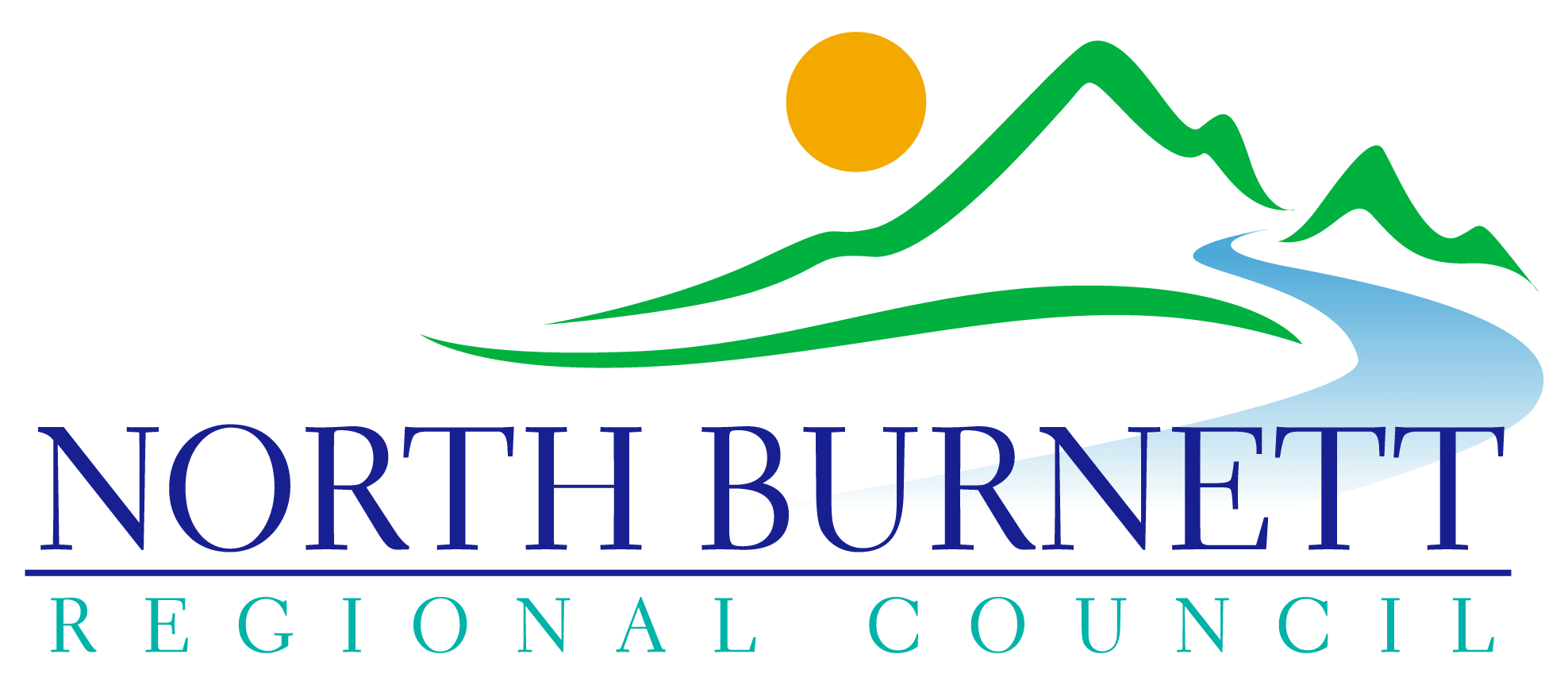Core Business

The core responsibilities of Queensland local governments encompass a diverse range of functions. While specific duties vary between Queensland Councils, the following is by no means an exhaustive list of NBRC’s core responsibilities, but these responsibilities collectively contribute to the overall quality of life for residents in the region and are essential for building thriving, sustainable, and inclusive communities. It is important to note that Local governments must work within the broader legal and regulatory framework set by the State and Federal Government.
Local Governance and Regulatory Functions
- Establish and enforce local laws and regulations, including zoning regulations and building codes.
- Issue permits and licenses for various activities within the community.
Community Services
- Provide and manage essential community services, such as libraries, community centres, and recreational facilities.
- Support cultural and artistic endeavours within the community.
Infrastructure Planning and Management
- Plan and manage local infrastructure development, including roads, bridges, parks, and public facilities.
- Implement strategies for sustainable urban development and growth.
Waste Management
- Oversee waste collection, recycling, and disposal services.
- Promote sustainable waste management practices.
Environmental Management
- Implement initiatives to protect and enhance the local environment.
- Address issues related to conservation, water management, and sustainable development.
Public Health
- Participate in public health initiatives, including monitoring and regulating food safety.
- Collaborate with health authorities to address public health concerns.
Emergency Management
- Develop and implement emergency management plans.
- Coordinate responses to natural disasters and other emergencies.
Transportation
- Manage and maintain local transportation infrastructure, including roads and public transportation services.
- Address traffic management and safety concerns.
Water and Wastewater Management
- Ensure a reliable and safe water supply.
- Collect, treat, and dispose of wastewater responsibly.
- Manage stormwater and promote water conservation.
Community Engagement
- Engage with the community through consultations, forums, and feedback mechanisms.
Financial Management
- Develop and manage the council’s budget.
